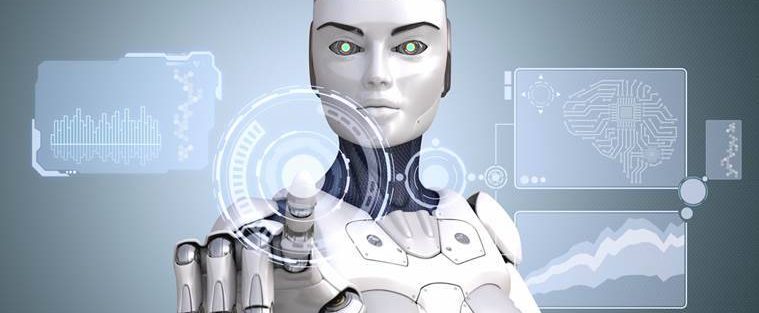Now that Machines are Coming for our Jobs
Over the years, the African economy has witnessed the remarkable transformation that has paved the way for the continent’s enormous growth and subsequently improved the standard of living of millions of people. The continent accounts for about 15% of the world’s population and is a haven to a third of Earth’s mineral reserves like Salt, Cocoa, Cement, Iron Ore, Natural Gas, Rubber, Limestone, Coal, Palm Oil, etc. Many Sub-Saharan African countries have accomplished steady economic growth averaging 6% as of 2015.
The results, which were attributed to population growth, rise in prices of natural resources, and associated resource development in inland African countries, triggered an increase in the total trade volume across the continent. Beyond the concept of the resource boom, this growth rate can be ascribed to reforms undertaken by many African countries in an effort to improve quality of governance, reduce the cost of doing business, improve basic services and expand economic opportunities which will portray Sub-Saharan Africa’s transformation as rapidly progressing. However, there are significant risks that could undermine this momentum.
As Global Gross Domestic Product continues to decline, Artificial Intelligence can help employees improve faster and deliver efficiently on targets. Mckinsey analysis notes that although computers and internets—both mainstream tools for achieving productivity—may not be enough to sustain GDP but can raise global productivity by as much as 0.8% to 1.4% annually; only if employees keep working, efficiently.
We are told that faster and more compelling innovations will be driven by the intersection of intelligent technology and human ingenuity. The workforce will see sweeping changes. The kind of changes that will redesign jobs and disrupt automation and augment the capabilities of workers.
It’s already happening: Nearly all leaders report they’ve redesigned jobs to at least some degree to account for disruption.
The concern now is that while we are able to identify which job roles are likely to be impacted by AI, we do not have a crystal ball that shows us all the new jobs that will arise in tandem with new technologies. We must, however, remain mindful that there are tasks that AI simply cannot do. Take for example, negotiation skills or making sound judgement. Robots may be good at learning things by absorbing huge quantities of data, but they cannot replicate human interactions. You may not mind having a robot read your x-ray, but if it shows you have cancer, you certainly want an actual human being, preferably one with unlimited empathy and understanding, to deliver the results and answer your questions.
With the lingering fear of AI replacing humans, and looming tendency of widespread unemployment due to technology invasion, the solution may be simple and merely involve a reframing of the issue at hand. As a society, we’ll need to tactically address the changes we are confronted with, including new training models, programs to ease worker transitions, and collaboration between business and higher education.
Government policies surrounding issues of labour will be far more effective if construed as the work of a system managing and providing relief for workers that may lose their jobs as technology evolves. Education programs for re-skilling workers, is expedient, making the workers qualified to take on new roles that have been identified in the wake of AI. Take Accenture: the company puts 60% of the money it saves through AI investments into training programs. That’s resulted in the retraining of tens of thousands of people whose roles were automated. Those workers can now focus on more high-value projects, working with AI and other technologies to offer better services to clients.
A handful of modern studies have noted that there’s often a positive relationship between new technology and increasing employment—in manufacturing firms, across all sectors, and specifically in firms that adopt computers. The rationale behind this is that as technology evolves, people are more intellectually challenged, providing basis for creativity and intellectual capabilities to thrive.




